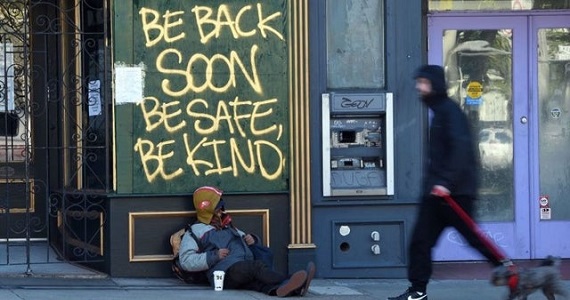Who Gets Care in a Pandemic? Assuring Human Rights Is Part of Preparedness
 © Getty Images via The Hill
© Getty Images via The Hill
April 23, 2020
In an op-ed in The Hill, Joe Amon, PhD, MSPH, director of the Office of Global Health and Clinical Professor in the department of Community Health and Prevention at the Dornsife School of Public Health, authored a piece on April 23, 2020 about how doctors and nurses decide who receives care and what that means for health and human rights during the COVID-19 pandemic.
Imagine being an emergency medical technician called to the scene of a car accident and finding dozens of people injured and needing help. With limited supplies, a single ambulance, and people with varying severity of injuries, where do you start? I remember a scene like that 30 years ago, when I was working as an EMT in Springfield, Mass. Two cars crashed into each other and then plowed through a crowd of people waiting at a bus stop. Hospitals are experiencing something similar with the COVID-19 pandemic, as patients overwhelm the capacity of intensive care units, doctors and nurses.
In response, bioethicists and medical societies have discussed various approaches to triaging patients — in other words, deciding who gets care. But the issue is broader. My fear in the current pandemic is that we are watching as a tragedy unfolds and are not being asked by our political leaders to do anything more than to stay home. We are asking health care providers to put themselves on the line; we are hoping that supplies will arrive from somewhere; we are assuming that vital information about how to protect us will reach everyone and be understood — despite contradictory messages on things as simple as whether to wear a mask.
Keep reading